Maintaining a heart-healthy diet is essential for reducing the risk of cardiovascular diseases and promoting overall well-being. By focusing on foods that nourish and protect your heart, you can make significant strides toward a healthier lifestyle.
Key Components of a Heart-Healthy Diet
Healthy Fats: Omega-3 Fatty Acids
Incorporating omega-3 fatty acids into your diet plays a crucial role in heart health. These healthy fats help reduce inflammation, lower blood pressure, and decrease the risk of heart disease by improving cholesterol levels. Foods rich in omega-3s include fatty fish like salmon, mackerel, and sardines, as well as flaxseeds, chia seeds, and walnuts. Including these foods in your diet can help lower LDL (bad) cholesterol and improve arterial health. Aim for at least two servings of fatty fish per week for maximum benefit.
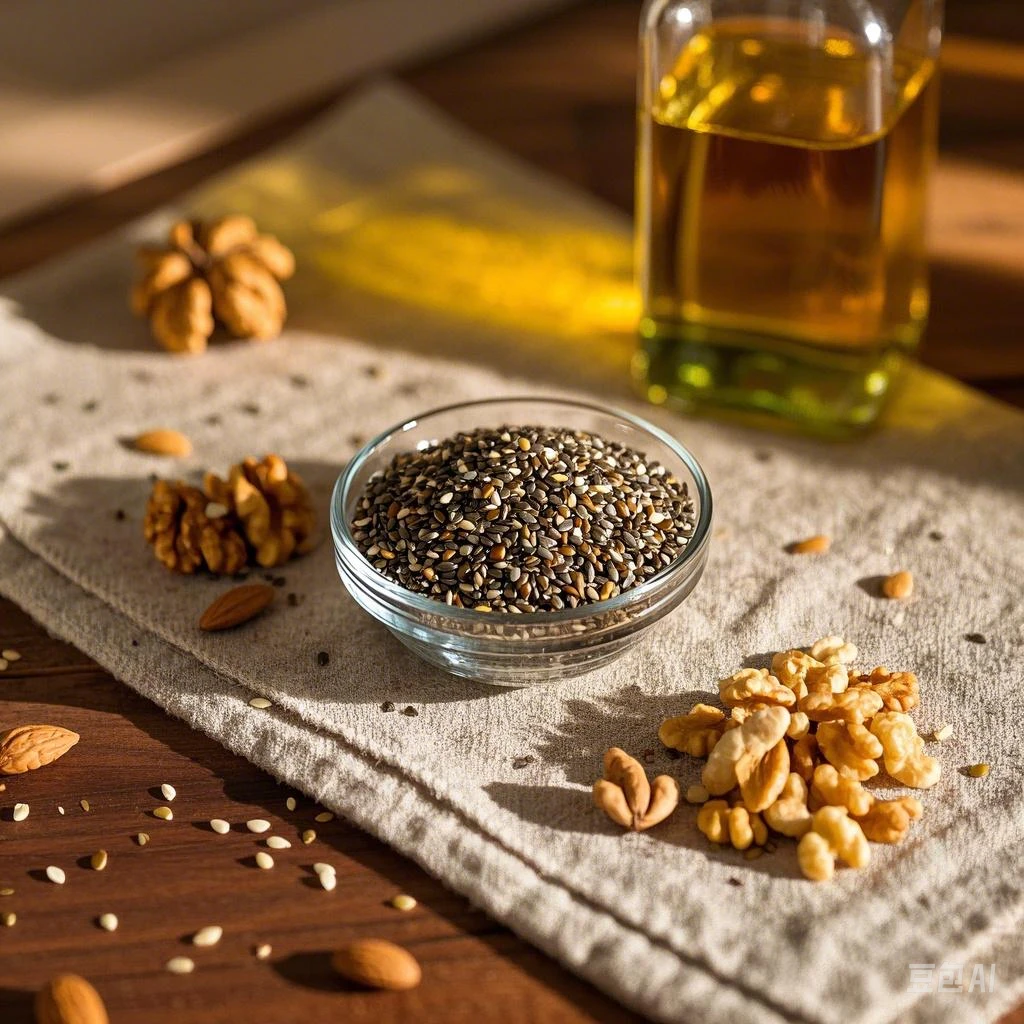
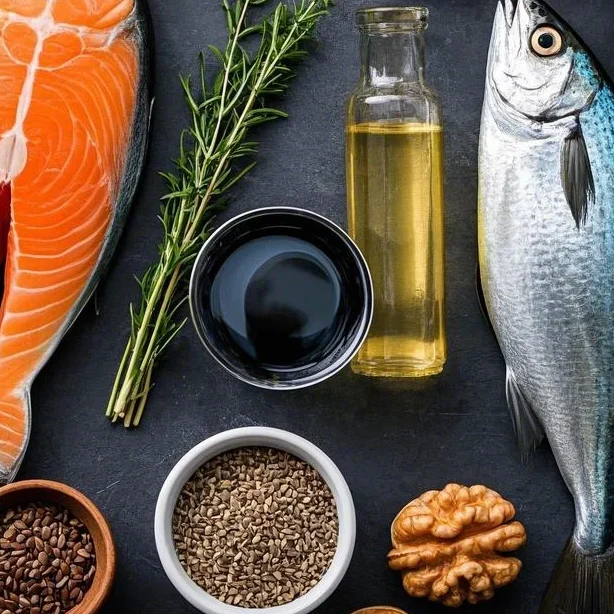
Fiber-Rich Foods
Consuming fiber-rich foods is essential for maintaining heart health. These foods help lower cholesterol levels, reduce blood pressure, and control blood sugar levels. Examples include whole grains like oats, quinoa, and brown rice; fruits such as apples, berries, and oranges; vegetables like spinach, kale, and broccoli; and legumes like lentils, chickpeas, and beans. The fiber in these foods binds to cholesterol in the digestive system and helps eliminate it from the body, making it one of the best ways to reduce cholesterol levels.
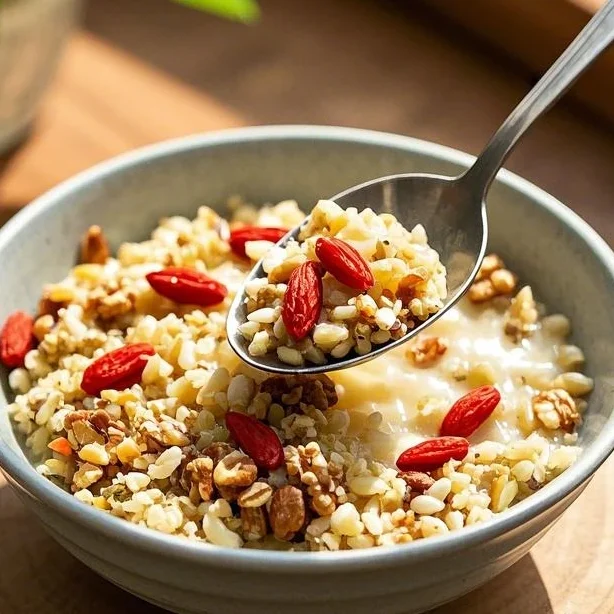


Lean Proteins
Choosing lean sources of protein is important for maintaining healthy cholesterol levels and managing weight. Opt for skinless poultry like chicken and turkey, fish like salmon and cod, legumes such as beans and lentils, and plant-based proteins like tofu and tempeh. Lean proteins are lower in saturated fat, which is beneficial for heart health. By replacing red meats and processed meats with these alternatives, you can lower your intake of unhealthy fats and maintain a healthy weight.


Antioxidant-Rich Fruits and Vegetables
Incorporating antioxidant-rich fruits and vegetables into your diet protects the body from oxidative stress, which can damage the heart and blood vessels. Some of the best options for heart health include berries like blueberries, strawberries, and raspberries; citrus fruits like oranges, lemons, and grapefruits; leafy greens like spinach, kale, and Swiss chard; and cruciferous vegetables like broccoli, Brussels sprouts, and cauliflower. These foods provide essential vitamins and minerals, such as vitamin C, potassium, and magnesium, which are important for heart function and overall health.


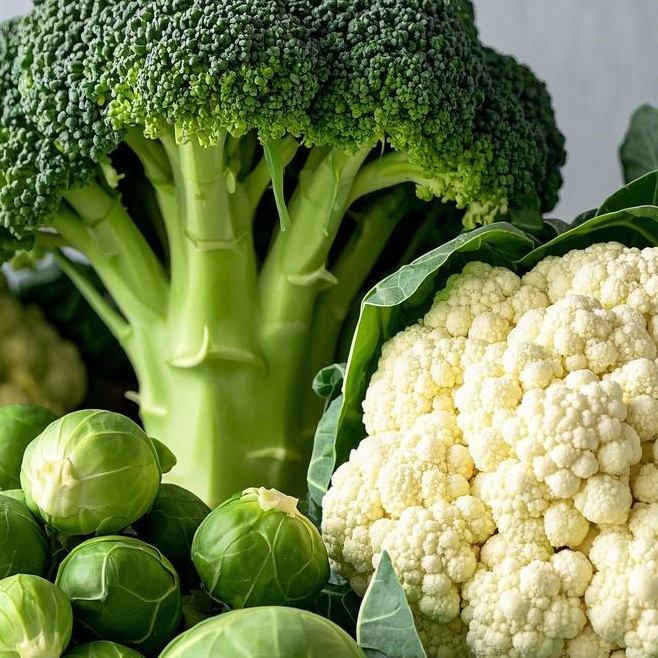
Low-Sodium Diet
Reducing sodium intake is crucial for maintaining heart health, as excessive sodium can lead to high blood pressure, a major risk factor for heart disease. Focus on consuming fresh fruits and vegetables, lean meats, and using herbs and spices for seasoning instead of salt. When cooking at home, try using natural flavorings like garlic, ginger, lemon, and fresh herbs to enhance the taste of your meals without relying on salt.

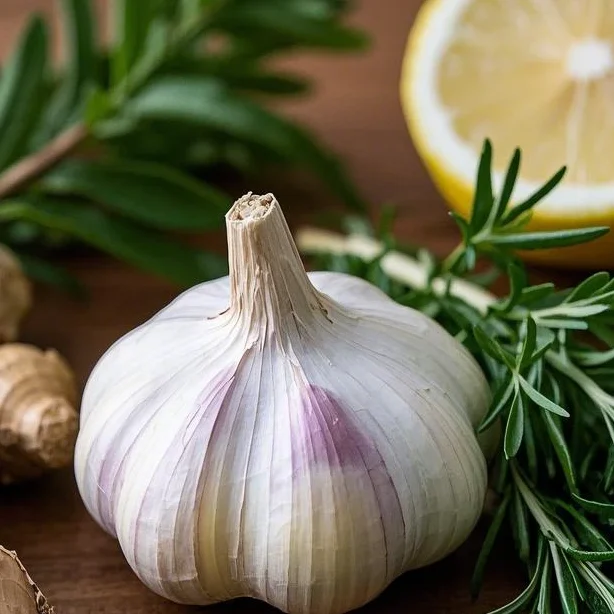
Foods to Avoid for Heart Health
While incorporating heart-healthy foods is essential, it’s equally important to avoid foods that can harm your heart. These include trans fats and saturated fats found in fried foods, baked goods, and processed snacks; added sugars in sugary drinks, candy, and desserts; excessive salt in fast food and canned goods; and processed meats like bacon, sausages, and hot dogs. Avoiding these foods can help reduce the risk of heart disease, improve cholesterol levels, and maintain healthy blood pressure.
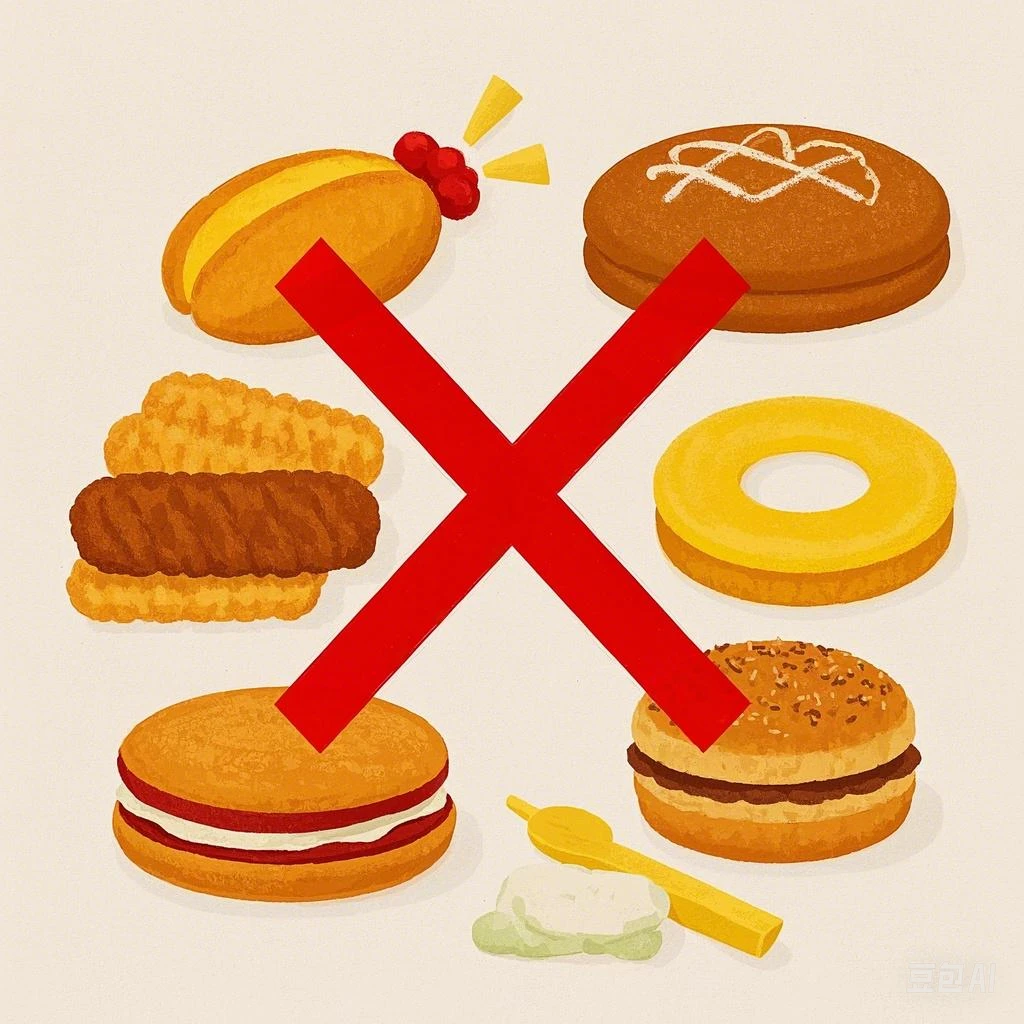
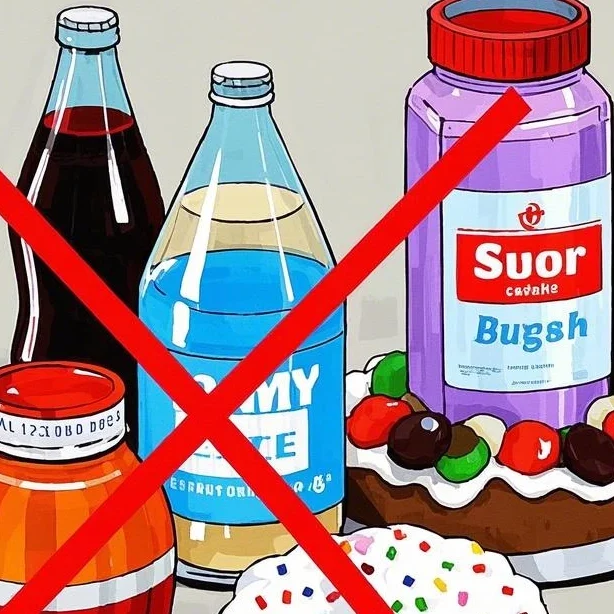

Tips for Incorporating Heart-Healthy Foods Into Your Diet
- Plan Ahead: Meal prepping is key to making healthy eating easier. Plan your meals ahead of time to ensure you’re including heart-healthy ingredients throughout the week.
- Cook at Home: Cooking at home allows you to control the ingredients and portion sizes. Experiment with heart-healthy recipes and find new favorites that fit your lifestyle.
- Portion Control: Even with healthy foods, portion sizes matter. Keep an eye on portion sizes, especially when it comes to high-calorie foods like nuts and oils.
- Stay Hydrated: Drinking plenty of water is important for overall health, and it can also help with maintaining a healthy weight and improving circulation.


Conclusion: A Heart-Healthy Diet for a Healthier You
Adopting a heart-healthy diet is more than just a trend; it’s a lifestyle change that can lead to long-term benefits for your health. By including nutrient-rich foods like omega-3 fatty acids, fiber-rich vegetables, lean proteins, and antioxidants in your diet, you can promote heart health and reduce your risk of cardiovascular disease. Incorporating these foods into your diet is easier than you might think. With a little planning, you can make heart-healthy choices that are both delicious and beneficial. Start today by making small changes and enjoy the benefits of a healthier heart and a happier life.

